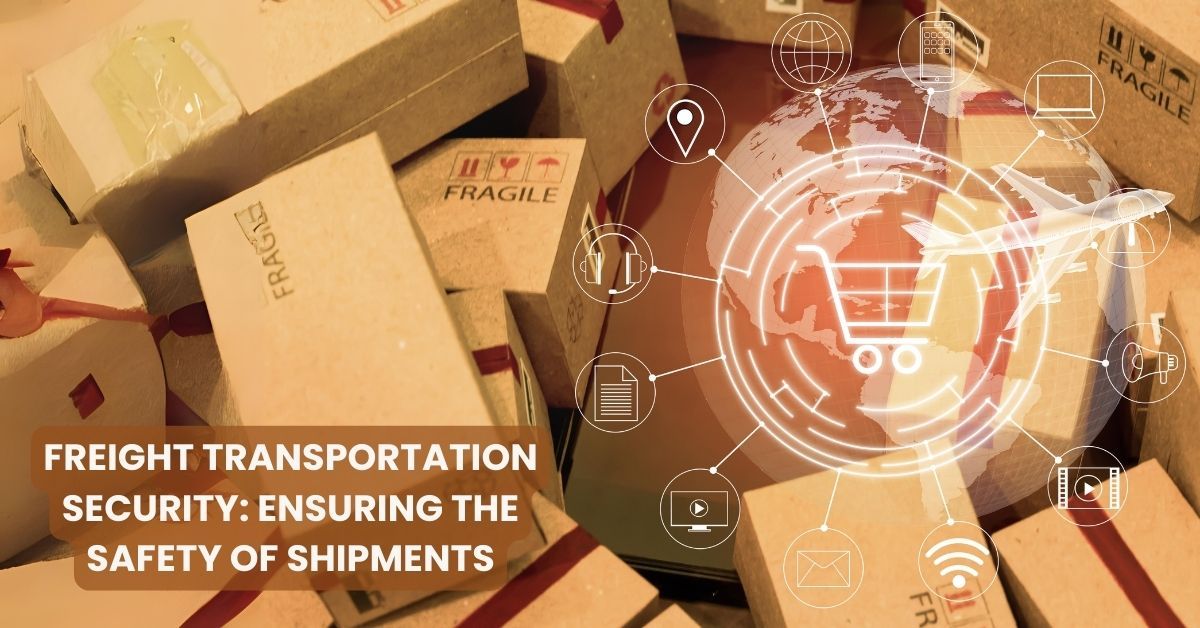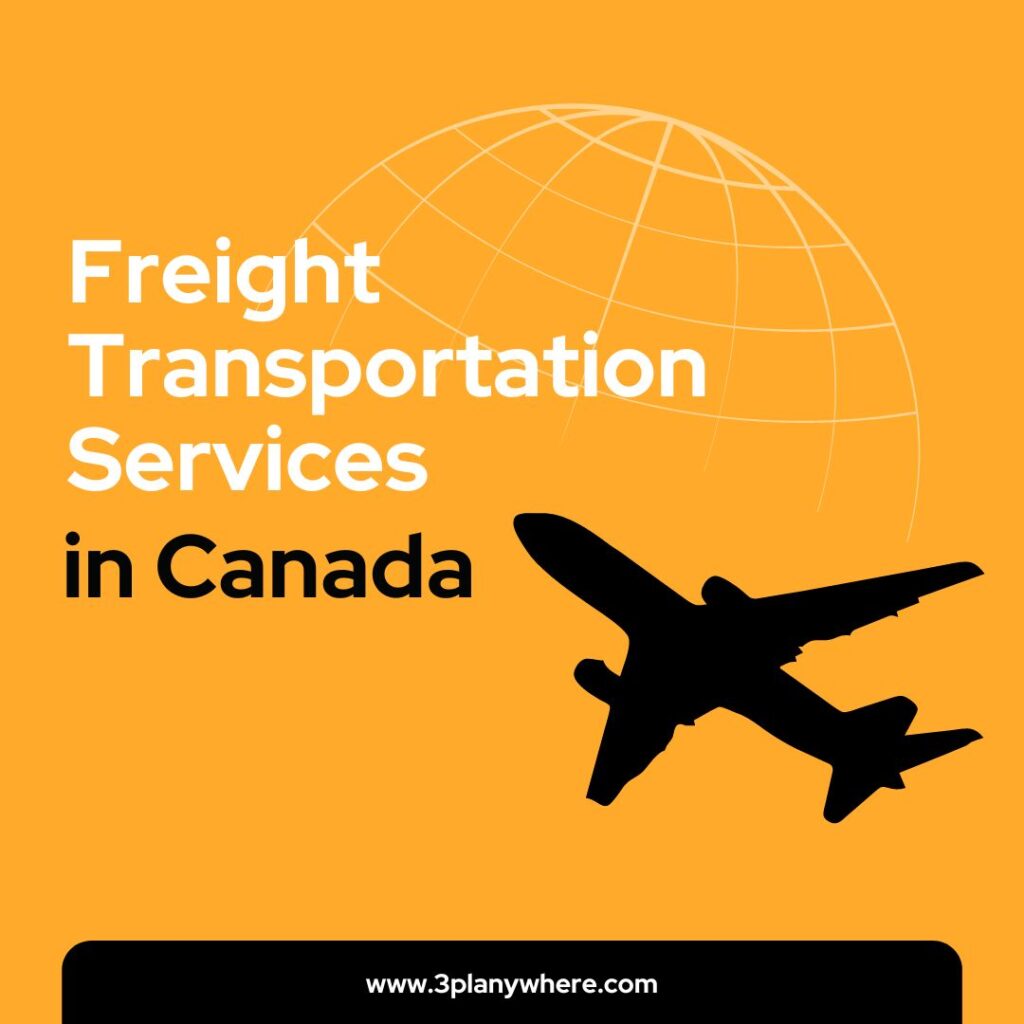
Freight Transportation security: Ensuring the safety of Shipments
Ensuring safety and protection of the shipment is of utmost importance in freight transportation industry. With the evolution of the industry, freight companies must continuously adapt their security measures to safeguard their cargo.
What are the common Freight transportation security threats?
- Accidents: Accidents can arise from various factors that include human error, poor infrastructure, equipment malfunction, or adverse weather conditions. The impact of accidents in freight transportation causes human casualties, property damage, and economic implications.
- Infrastructural damage: Infrastructures like roads, bridges, ports and railways, deteriorates over time because of many factors like heavy usage, environment conditions, and lack of maintenance and this can accelerate wear and tear. As infrastructure ages, it becomes less reliable and can pose risks to the freight transportation industry. The impact of this threat can cause delays, increased maintenance costs and potential accidents.
- Environment risks: Environmental factors like floods, earthquakes and others can affect the transportation routes. These natural calamities damage or block roads, ports, railways and airports, thus making them unsafe for use. The impact of this threat is disruption in supply chain, damage to transportation medium and enhanced costs.
- Cyber security threats: As logistics sector increasing relies on digital tools for its operations, it becomes more exposed to cyber security threats. The impact of this threat is data breaches, disruption of operations and potential sabotage.
- Regulatory and compliance threats: Logistic industry operates in complex regulatory environment. As regions or countries change or update their rules, the companies must adapt it quickly. The impact is fines, operational disruptions and potential loss of licenses.
Freight Transportation Security measures
There are number of ways to keep freight safe and secured during the transportation. The three important practices that professional 3PLs leverage to ensure freight arrives at its destination safely.
- Screened employees: The dedicated 3PLs service providers incorporate screening measures when recruiting new warehousing team members. Thus the business can rest assure that the work force that handles the products are well-trained and overseen by the managers with industry expertise.
- Technology: The cutting-edge technology measures like inventory tracking provide an added layer of security. Tracking provides the real time data of product location and status. With this type of technology thefts and other issues can be avoided. GPD locating of trailers along with specialized locking method ensure the safety and security of the freight during transportation. IoT sensors and block chain technology enable the logistic companies keep a close watch on shipments ensuring they reach their destination safely.
- Vetted, major carrier network: 3PLs utilize the expertise and affiliate carrier networks. These companies are vetted by professional logistics company and implement security measures that ensure utmost safety of the freight during transportation.
Collaboration and information sharing
Modern freight protection goes beyond the individual companies and it involves collaboration among the stakeholders. Government agencies, logistics providers and manufacturers are sharing key information to identify potential threats and develop proactive safety mechanism. This collaboration helps create a more secured environment in freight transportation.
By adapting freight transportation security to modern challenges is important for the seamless flow of goods. With cutting-edge technology one can rest assured of utmost safety of the freight during transportation.
Also Read
freight forwarding services, freight logistics, freight shipping, freight transportation
